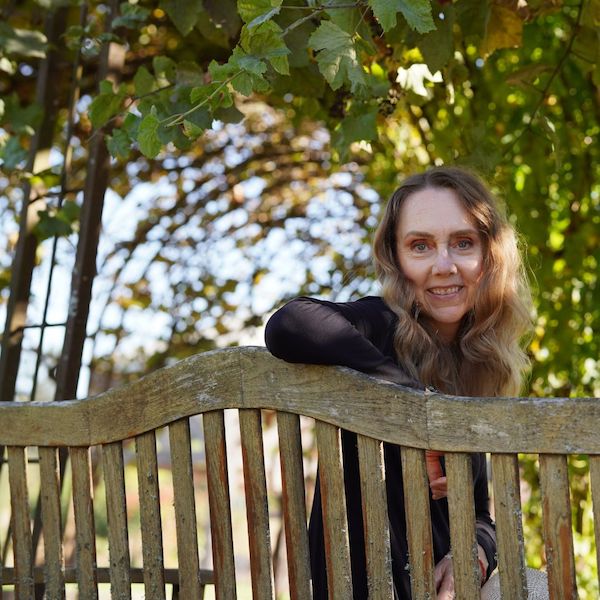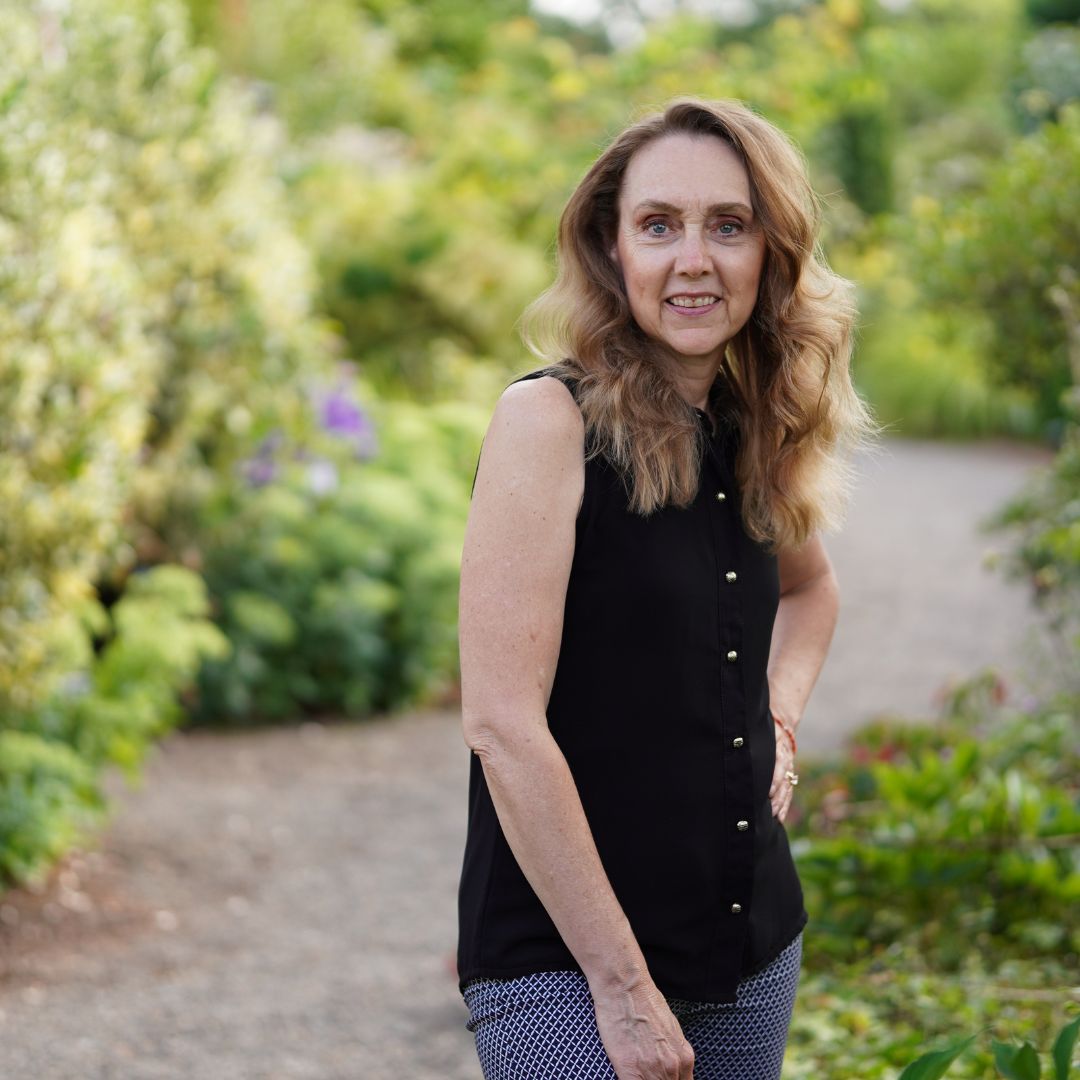It’s Time To Think About The Hidden Toxins In Your Kitchen
The thing about our news cycle right now is to plant fear everywhere. If you’re like me, you ignore all of it.
But even if you never watch another news show and avoid media like the plague, a vast amount of information still filters through to your attention.
When you’re moving to a plant-rich lifestyle, one a-ha moment will always lead to another.
I distinctly remember when I was sitting in the audience at a vegefest many years ago where a speaker opened my eyes to the dangers of hidden toxins in our cleaning supplies. What!? This lightbulb went off, and I realized I had a lot more to learn.
Where are you in the clean-up journey? Whether you’re brand new and just starting to make wiser choices, or you’re looking for refinement practices, I want to give you five hacks that I’m using to make my kitchen healthier and reduce some of the hidden toxins lurking in your daily activities.

Before we start … the state of our world
You’re not alone if you’re confused even a little after the past three years on what’s believable and what’s not. It’s in every subject matter these days, with arguments about what’s credible, what’s misinformation, and what’s broken.
All you have to do is look at any subject matter and you’ll be able to deep dive down a pretty big rabbit hole. Toxins and chemicals are no exception.
Even just a few years ago, the EPA released an inventory on toxic chemicals under the Toxic Substances Control Act (TSCA) with more than 86,000 chemicals on it. These chemicals were in commercial production and could show up in everything from foods and products to landscaping and building materials. Most of these – 62,000 – were grandfathered in without ever being tested for their effects on human health.
All you have to do is spend a minute or two reading through the info to realize how convoluted the whole issue is. Like the fact that 20 percent of chemicals have confidential identities, meaning you’ll never know for sure the chemical makeup.
Dig deeper and you’ll need hours of research time to gain a basic understanding of what all of this really means. You might also want a friend with a degree in chemistry to help you along.
Suffice to say there are a lot of problems when you start to care about the chemical soup that’s around you every day. And yes, it’s up to you to find ways to reduce toxins and find toxin-free alternatives.
This is a daily activity. It’s something you’ll never be free of – we have too many chemicals in our daily lives to eliminate them all.
My solution is to pay attention and reduce one at a time. I’m constantly upgrading everything in my life one product or material at a time.
Pay attention =>> Make a change =>> Form a new habit =>> Repeat
Here are some of my top hacks to make my kitchen healthier.
Organic
If you want to reduce your exposure to chemicals, make “organic” a permanent part of your life.
Are they perfect? Nope. But it is a way to ensure more care goes into every aspect of bringing the product to market.
Let’s take strawberries for example. I recommend everyone gets to know the Dirty Dozen list put out by EWG. Strawberries consistently hit the top of the Dirty Dozen list because regular strawberries always have the highest number of chemicals on them when they’re tested – 7.8 different pesticides per sample, compared to 2.2 pesticides per sample for other produce.
If you have the option of going organic, know that it’s a higher quality food or product. It has more regulation behind it to ensure it’s a higher quality. Again, it’s not perfect, but it’s the best we can do. It’s a start.
Be your own advocate
If all of this talk is leaving you confused, don’t worry. I believe the system is designed that way to make you throw your hands up and say, “I give up!” That’s why I strongly recommend to go slow, and take things one at a time. You’re less likely to scream “I give up” that way, and more likely to make wise choices that stick.
You don’t need a special degree or a scientific background to understand the labels. Because so many people are discussing this problem these days, you’ll easily find great tools at your fingertips.
I highly suggest following people that can increase your awareness. (You are following me, aren’t you? Sign up for my free class here and I’ll send you periodic tips. You can also see what I’m saying on IG.) EWG is also one of my go-to resources for discovering the safety of many products, and they’re adding more resources all the time.
One a-ha moment always leads to something else. Go with your gut intuition, and become your own health advocate. It’s the easiest way to make changes that will stick.
BPA
We’ve all heard the evils of BPA – that’s been circulating for many years now. But it might also be a bit confusing … and there are easy ways to avoid it.
BPA is Bisphenol-A, a chemical compound that is primarily used in the production of plastics. Ever since plastics were introduced into food packaging and home kitchen use in the 1960s, BPA has led the way. Coatings for metal food cans, bottle tops, water bottles, food containers, infant formula packaging – it’s been in or in contact with almost everything in your kitchen at one time or another.
Billions of pounds are produced every year. Much of it ends up in our air and water supply. It’s been linked to high levels in everything from sports bras to cash register receipts, and of course, food storage containers. Over 92 percent of people have a detectable amount of BPA in their bloodstream.
It’s been linked to insulin resistance, gut issues, hormone disruption, and fertility problems. Because it’s everywhere, this takes a “one step at a time” approach. You’ll never get rid of it all, but you can take steps to minimize your exposure.
Get rid of plastic water bottles. Invest in a Hydroflask or Kleen Kanteen instead. I love mine because I can fill it up with ice and keep my water cool all day.
Yes, I know you have a ton of plastic food storage containers lurking in your cupboards. Get rid of it. Replace it with glass containers that are so much better for the environment.
Then get rid of your food prep drawer – cling wrap, plastic wrap, even tin foil can all have BPA. Choose silicone storage bags, silicone liners, and silicone covers instead.
Phthalates
Phthalates are synthetic chemicals used to make plastics more flexible and durable. They are used in a ton of things you use in your daily life – food packaging, personal care products, cosmetics, lubricating oils, soaps and cleaners, even in building materials like vinyl flooring. Start reading labels – you’ll find them everywhere.
Phthalates have been linked to many health concerns: asthma, ADHD, obesity, type II diabetes, breast cancer, behavioral issues, autism spectrum disorders, male fertility issues, neurodevelopmental issues … the list goes on and on. Phthalates are a vast class of chemicals, with only a tiny portion of them studied at all.
What’s worse, you might not even know a product contains phthalates at all. One researcher found that milking machines use a lot of plastic, so even if you choose to buy milk in a glass bottle, you might still be getting high amounts of phthalates from the production process.
They’re also hidden very well. Have a product with the word “fragrance?” It’s just one of the terms companies use that’s considered proprietary, meaning they don’t have to disclose the ingredient list. In your kitchen, it could be in any conventional cleaning products you use, including dish soap and laundry detergent.
One of my favorites is Branch Basics. I love that it’s a health story of courageous women who faced health crises and decided to do something about it. With simple, refillable products, you’ll have everything you need for a safer, less toxic home.
PFAS
Ever heard of the forever chemicals? Per- and polyfluoroalkyl substances (PFAS) are synthetic chemicals that remain in the environment for a long time because they are difficult to break down. They are found worldwide in air, water, and soil, and have been linked to higher cholesterol, thyroid issues, inflammatory bowel disease, and hormonal problems.
When we figured out just how powerfully destructive these chemicals were, you might assume we worked to get these out of our modern-day products. Guess again. If you have anything that is non-stick, stain-resistant, or water-resistant, you also have PFAS lurking in your kitchen.
It’s time to start shopping for new cookware and bakeware. One small scratch in the surface could leave behind 9,100 plastic particles that can wind up in your food.
What should you look for?
- 100 percent stainless steel
- Glass bakeware
- 100 percent ceramic pans (not ceramic coated)
- Cast iron skillets
Yes, you’ll find these cost more than more disposable alternatives. But the good news is they’re easier to care for, and will continue to be around for years. Try 360 Cookware, Lodge Cast Iron, and xtrema Cookware.
You need hacks to create a healthier kitchen, healthier life
Here’s the thing that I learned years ago and believe is even more vital today:
We must become our own health advocate if we want to stay healthy for life.
We grew up thinking our food was healthy and that our doctors knew what was best for our health.
More of us are now waking up to the fact that neither of these have our best interests at heart. If we don’t take health back into our own hands, who will? This is where healthy living and mindfulness is becoming more prevalent.
Organic, wholesome, nutritious, plant-based food is a start. When you consciously create it yourself, you’re sure of what goes into it and what will be in the outcome.
It’s also about understanding where toxins come from and how you can do what’s necessary to stay healthy for life.
We’ve started believing that health is automatically declining from “old age” on. Trouble is, “old age” is continually occurring at a much younger age, and it doesn’t have to.
It’s time to find those hidden kitchen toxins now and do something about it.
Are you ready?
Lori


+ show Comments
- Hide Comments
add a comment